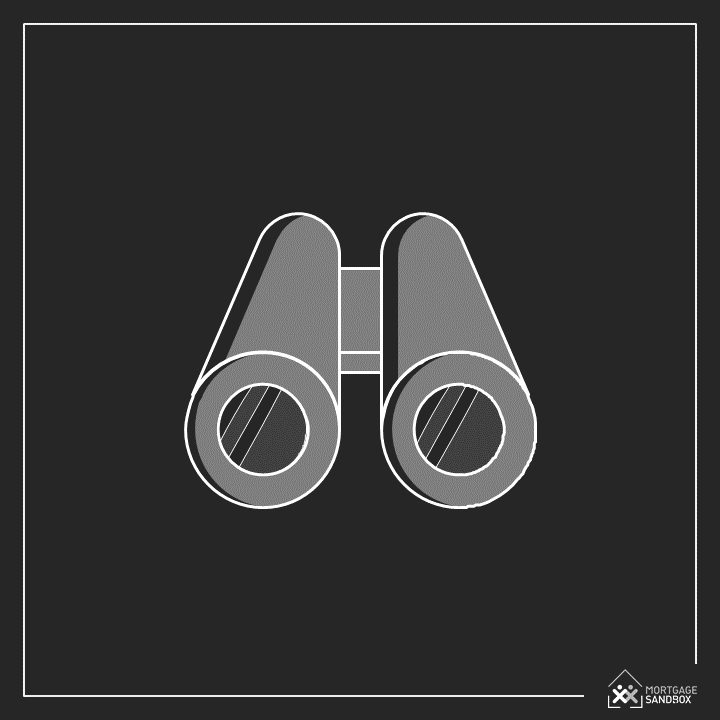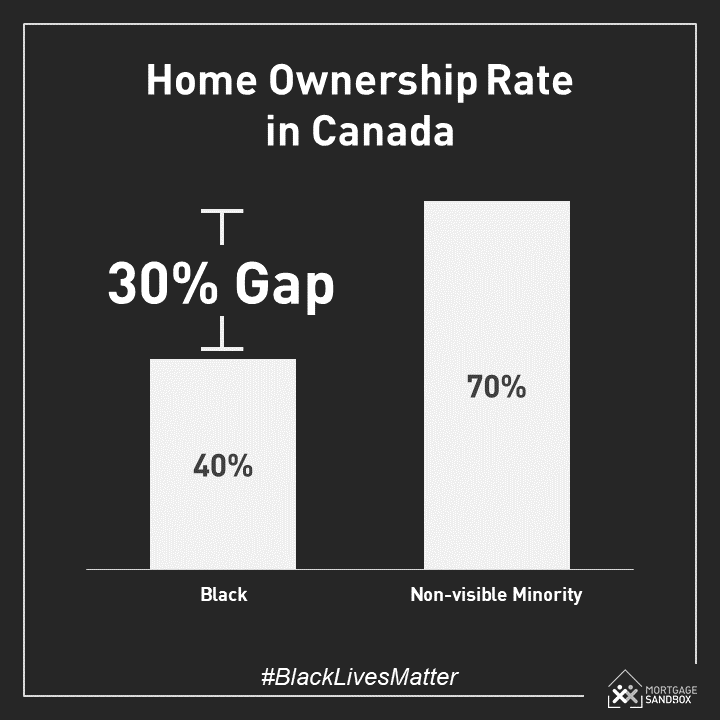Mortgage Rate Forecast - July 2020
HIGHLIGHTS
|
In this article:
The Current Economic Situation
Interest Rate Forecasts
Recommendations for Mortgage Renewals, Homebuyers, and Selling a Home.
Every single Economist surveyed expects the Bank of Canada will keep its Target Rate at the “effective lower bound” of 0.25% until the end of 2021. The belief that rates will stay low implies that most economists expect the economy will continue to need support from low rates for the next 18 months, and maybe longer.
In the short-run, rates will stay low to help the economy recover. Since coronavirus will cause such a sharp contraction, as soon as the pandemic clears, we expect a strong economic bounceback. For homebuyers with stable employment, the low interest rate environment combined with less competition from other buyers will create a very favourable home buying environment.
This article will examine the forecasts for floating variable rates and 5-year fixed rates. Keep reading to learn what the big banks are saying about rates.
THE CURRENT ECONOMIC SITUATION
The Bank of Canada lowered rates in response to the coronavirus induced recession. Recent reports by economic forecasters are changing dramatically from month-to-month. There are three potential paths Canada may follow in its management on the pandemic, and each forecaster has to make an assumption about which path we will take. If a forecaster assumes no Wave 2 lockdown, they will arrive at a very different prediction than if they build Wave 2 into their model.
These are unprecedented times, and past crises are a poor guide for what our future will hold.
Rate Forecasts Are Only Educated Guesses
No matter how well-researched and modelled an economist's prediction is, mortgage rate forecasts are still only educated guesses and, at best, they are as accurate as a weather forecast. The further into the future a prediction, the less precise it is.
A Weak Economy
Canada is now in a recession. Recently, most reports have been adjusting expectations downward. In other words, predictions from March and April underestimated the size and duration of the economic impact of the Coronavirus containment efforts. They are likely still underestimating the duration because most forecasts assume a single wave of infection followed by a recovery.
Even before we entered the Coronavirus Recession, the Bank of Canada list of top economic vulnerabilities included high Canadian household debt and concern that house prices had become detached from economic fundamentals. For more on this, we recommend you review this comprehensive report that explains the current level of risk in the Canadian real estate market.
Glass half-full?
Some real estate industry pundits believe lower interest rates and constrained supply may boost home prices. This might hold true if low rates were not a response to substantial job losses and pay-cuts. As well, job losses will weaken demand.
IMPORTANT: Mortgage deferrals expire after 6 months, and that means by October many of these deferrals will have expired. Unless these borrowers have found new work they will fall into default.
All of the other factors at play will outweigh the effect of lower mortgage rates. For more detail on the key drivers of home prices, Mortgage Sandbox provides an analysis of the factors driving home prices in Ontario, British Columbia, and Alberta.
INTEREST RATE FORECASTS
The Bank Rate is well below what would be considered a ‘normal’ range. According to the Bank of Canada, "Governing Council continues to judge that the policy interest rate will need to rise over time into a neutral range to achieve the inflation target." This policy implies that once Canada emerges from a recession, rates will begin to rise.
Dr. Anthony Fauci, director of the U.S. National Institute of Allergy and Infectious Diseases, believes the second wave of coronavirus infections is "inevitable."
A study headed by Dr. Kristine A. Moore, the medical director at the University of Minnesota Center for Infectious Disease Research and Policy, also warns that the pandemic will not be over soon and that people need to prepare for possible periodic resurgences of disease.
VARIABLE RATE FORECAST TO 2022
Variable and adjustable mortgage rates are directly linked to the Bank Rate (the rate at which banks can borrow from the Bank of Canada). If the Bank Rate rises, then prime rates offered by Canadian banks rise, as do variable mortgage rates.
A deep recession is inevitable. With that in mind, Canadian prime rates used to calculate variable and adjustable mortgage rates will remain low between now and the end of 2021. We are now back to record lows, so in the future, we can expect rates are more likely to rise than fall. However, rates likely will not increase significantly for a year or two.
Generally, we recommend a variable rate mortgage when rates are flat or falling. If the risk of rates rising worries you, then you should consider a fixed-rate mortgage.
5-YEAR FIXED RATES TO 2022
The average Canadian Bank economist predicts 5-year rates will remain low for the next few months. Rate drops are an appropriate bond-market response to the Coronavirus Recession (i.e., investors sell riskier investments and put them in gold and government bonds).
Banks publish conservative forecasts, but they are likely looking closely at their exposure in the event there is a significant economic shock. They may become more stringent in their lending policies to reduce their exposure to downside risks in the housing market.
The CMHC, a government agency, has announced they will buy C$150 billion worth of mortgages from Canadian Banks, shifting the mortgage default risks from the Canadian banks to taxpayers. Mortgage rates should remain low because the government has essentially promised to take on all of the risk.
Before the market gyrations caused by the coronavirus, the average forecast predicted five-year fixed rates would rise by almost a half of a percent by the end of 2021.
Instead, rates have dropped roughly 1% with the impact of coronavirus.
RECOMMENDATIONS
Lock in a 5-year fixed rate?
Buy a home now or wait for the next cycle?
1. Should I lock-in a rate on my Mortgage Renewal?
Fixed-rates are currently back to record lows. For the next 6 months, fixed rates will probably be lower or the same as today. So, locking in today's 2.30% 5-year fixed mortgage rate will start benefiting you if variable rates begin to climb.
If you are planning to sell or move in the next few years, however, locking in a fixed rate can result in a significant penalty fee if you cancel the mortgage before completion of the full term.
A mortgage rate contract term is usually a three to five year commitment so locking in at a historic low seems advisable if you have job security and will not be selling your house for the duration of the mortgage term.
Variable rates are at rock bottom, and eventually, they are likely to rise. If the risk of rates rising worries you, then you should consider a fixed-rate mortgage.
Our advice is to speak to a Mortgage Broker as early as possible to lock in a rate. You can lock in your mortgage rate up to 120 days before closing on a home purchase or the renewal of your mortgage.
Here’s our mortgage renewal guide that will help you navigate the process.
Need a local Mortgage Broker?
Our FREE app matches you with local, pre-screened Mortgage Brokers.
2. Should I Buy a home?
Home prices have likely peaked for this economic real estate cycle. In a presentation to the Federal Standing Committee on Finance on May 19th, CMHC’s CEO revealed that the agency now expects average Canadian house prices to fall between 9 and 18% by June 2021.
Homebuyer Advice
If you plan to buy in the next three years, be mindful that prices will likely fall in the short-run, so a ‘wait-and-see’ approach may be best. The Coronavirus Recession will lead to job losses and distressed sellers (e.g., laid off, divorce, empty AirBnBs, bankruptcy), which will likely put downward pressure on home prices. For buyers who are still employed, low rates will provide more purchasing power in a falling market, and that is a gift to home buyers.
3. If I’m planning to sell should I do it now?
If you were planning to sell, then it may be worthwhile selling sooner than later. If we use the Great Recession as a guide, it could take between two and ten years for home prices to recapture current highs.
To get access to experts who know what every lender is doing, consult a mortgage broker. They have the broadest number of options to find you suitable financing.











